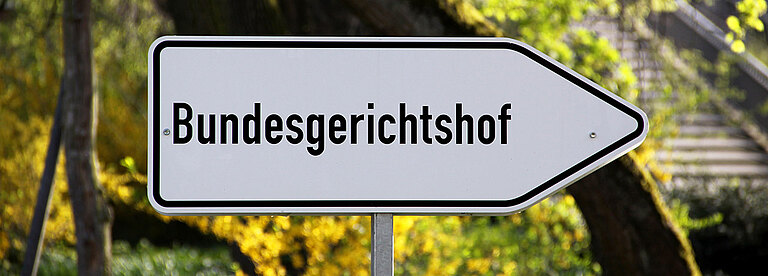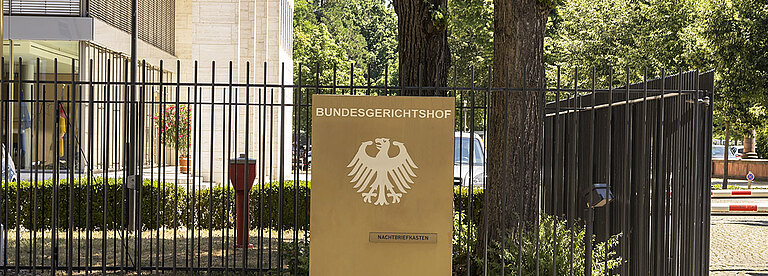Düsseldorf, 14.07.2020 – The Chinese mobile phone manufacturer Haier is not entitled to a FRAND license on a Standard Essential Patent (SEP) belonging to the patent exploiter Sisvel. This was decided by the German Federal Supreme Court (BGH) on May 5, 2020, thus further specifying the FRAND conditions.
The BGH considered it to be proven that Haier infringes Sisvel's SEP EP 08 52 885 with its mobile phones. Potential SEP violators such as Haier are, in the opinion of the BGH judges, obliged to make a prompt and as concrete an offer as possible. Haier failed to do so in the negotiations with Sisvel and is therefore to be seen as an unwilling licensee.
In the now published reasoning of the ruling it is stated that "the fact that a company is in a dominant position does not in principle prevent it from protecting its own business interests if these are attacked. It must be able to react reasonably to such an attack, provided that such conduct is not aimed at strengthening and abusing a dominant position". This further strengthens the position of SEP holders: they have a relatively large margin of discretion in determining FRAND fees with regard to different licensees and do not have to accept inadequate offers. In this way, they can avoid economic disadvantages when granting licenses. "With its ruling, the BGH has set new standards in European FRAND case law – and has done so in the spirit of holders of important standard essential patents", says Gottfried Schüll, patent attorney and partner at Cohausz & Florack.
The decision of the BGH is the first one on FRAND rules since the European Court of Justice's ruling in summer 2015, when the court had already redefined the FRAND rules.
Picture Credits: santima.studio – AdobeStock

![[Translate to Englisch:] [Translate to Englisch:]](/fileadmin/_processed_/9/0/csm_Sisvel_vs_Haier_-_BGH_konkretisiert_FRAND-Kriterien_69187f1fbc.jpg)




